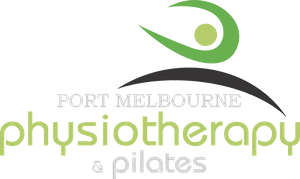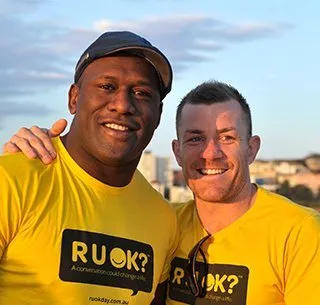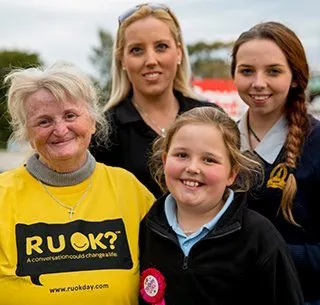R U OK?
Today is the 8th of September – Australia’s R U OK? Day. R U OK? Day is a time to check in with those you care about. While it is in our nature to consider people who are openly struggling with mental health issues, it is equally important to touch base with those who seem to have it all together. Often, the people who are seemingly ok on the outside are fighting an internal battle and hiding it from the outside world.
What is R U OK? Day?
Gavin Larkin lost his beloved father to suicide in 1995. He created R U OK? as a way to honour his father and prevent others from experiencing the same devastating loss. Gavin tragically lost his battle to cancer in 2011 but his legacy lives on through his charity. According to the R U OK? website, their work “focuses on building the motivation, confidence and skills of the help-giver – the person who can have a meaningful conversation with someone who is struggling with life”.
R U OK? statistics:
- 8 people take their lives every day in Australia.
- For every death by suicide it’s estimated 30 people will attempt to take their life.
- 89% of people report knowing someone who has made a suicide attempt.
How does R U OK? help people?
R U OK? provides resources for someone to start that life-changing conversation. There are specific resources for the workplace, schools and the community, to name a few. They can be found here: https://www.ruok.org.au/every-day-resources
How to ask R U OK?
Use these four steps and have a conversation that could change a life:
- Ask R U OK? without criticism.
- Listen without judgment or interruption.
- Encourage action – things the person can do to help themself.
- Check in after the conversation.
Physiotherapy and mental health:
“A conversation could change a life” is their tagline and this is something I feel passionately about as a Physiotherapist. Mental health issues can manifest in the body as physical pain and/or tension. Two of the first questions I ask a patient, regardless of their presentation, are “how is your mental/emotional health” and “do you have good support at home?” This opens a whole new conversation and allows the patient to be managed holistically. It is outside my scope of practice to offer advice but this may eventuate into a GP or Psychologist referral, or simply enabling a patient to let off some steam.
Parenthood and mental health:
While poor mental health is in no way limited to mothers (or parents), a number of my mum friends have suffered in silence through perinatal depression and anxiety. It’s time to speak up and have honest conversations with those we care about, no matter how “put together” they may seem. I have had prenatal anxiety, postnatal depression and postnatal anxiety with both girls. I feel that I am, for the most part, out the other side. It’s a scary place to be and one that is often framed as “just part of motherhood”.
Being a parent is no time to be a martyr, no matter how much of a burden you may feel to others. As someone who has battled on and off with anxiety and depression since 2010, I understand the importance of a listening ear. I hope this blog helps others know that they are not alone in their struggles. I’m always here with an empathetic ear and thank those who have been that for me.
So please, ask the question, listen to the answer and spread the word.
Yours in health, Ali

R U OK? website: https://www.ruok.org.au
PMPP blogs on mental wellbeing:


